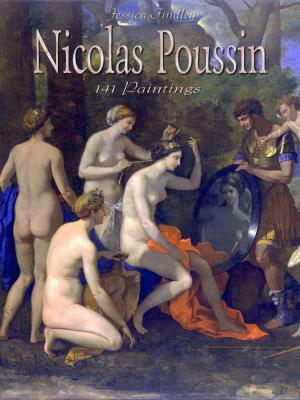| Author: | Raia Iotova | ISBN: | 9786050441949 |
| Publisher: | Raia Iotova | Publication: | May 20, 2016 |
| Imprint: | Language: | English |
| Author: | Raia Iotova |
| ISBN: | 9786050441949 |
| Publisher: | Raia Iotova |
| Publication: | May 20, 2016 |
| Imprint: | |
| Language: | English |
A dragon is a legendary creature, typically with serpentine or reptilian traits, that features in the myths of many cultures. There are two distinct cultural traditions of dragons: the European Dragon, derived from European folk traditions and ultimately related to Greek and Middle Eastern mythologies, and the Chinese Dragon, with counterparts in Japan, Korea and other East Asian countries. The two traditions may have evolved separately, but have influenced each other to a certain extent, particularly with the cross-cultural contact of recent centuries. The English word Dragon derives from Greek drakon, "dragon, serpent of huge size, water-snake".
Dragons have long enchanted us through stories, artwork, and legend. The lion may be king of the jungle, but the dragon is king of mythology. Dragons are usually thought to have wings and breathe fire. They also are said to have scales and claws. Some also have horns. Almost always they are said to be venomous. Some dragons may have two or more heads. They may also have more than one tail. They may have two, four or even more legs; however, most are known to have four legs.
A dragon is a legendary creature, typically with serpentine or reptilian traits, that features in the myths of many cultures. There are two distinct cultural traditions of dragons: the European Dragon, derived from European folk traditions and ultimately related to Greek and Middle Eastern mythologies, and the Chinese Dragon, with counterparts in Japan, Korea and other East Asian countries. The two traditions may have evolved separately, but have influenced each other to a certain extent, particularly with the cross-cultural contact of recent centuries. The English word Dragon derives from Greek drakon, "dragon, serpent of huge size, water-snake".
Dragons have long enchanted us through stories, artwork, and legend. The lion may be king of the jungle, but the dragon is king of mythology. Dragons are usually thought to have wings and breathe fire. They also are said to have scales and claws. Some also have horns. Almost always they are said to be venomous. Some dragons may have two or more heads. They may also have more than one tail. They may have two, four or even more legs; however, most are known to have four legs.















